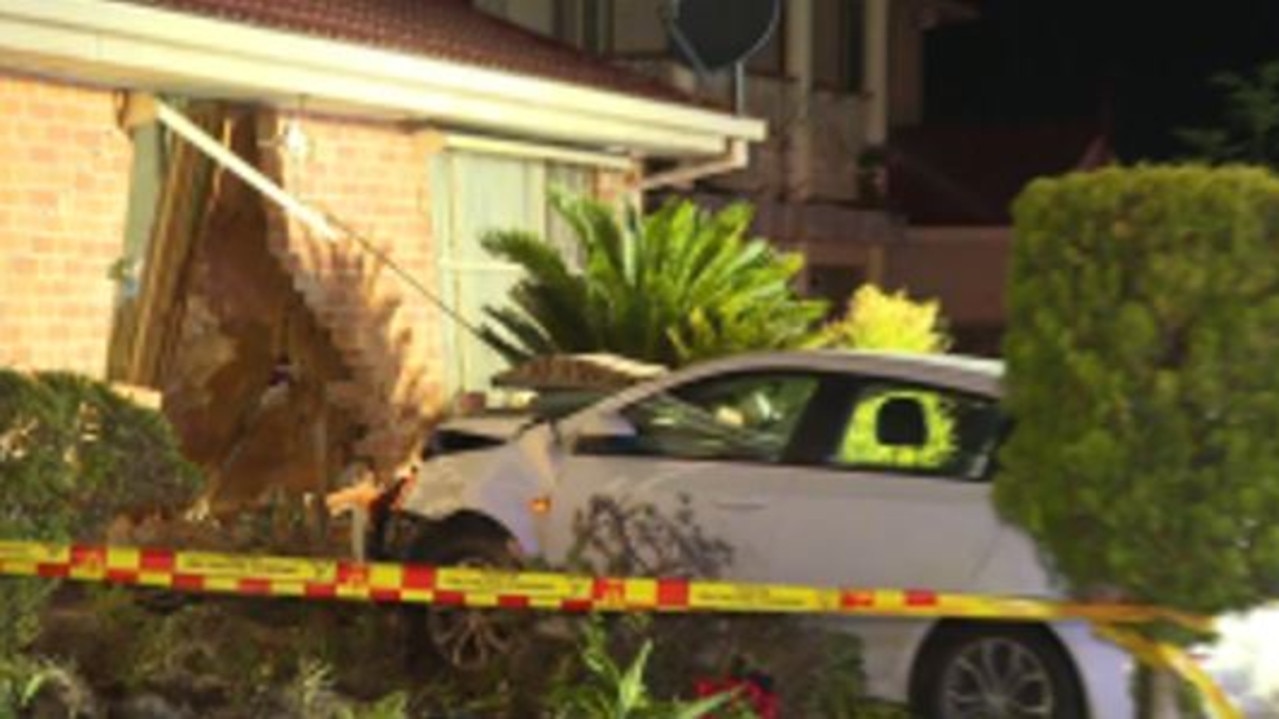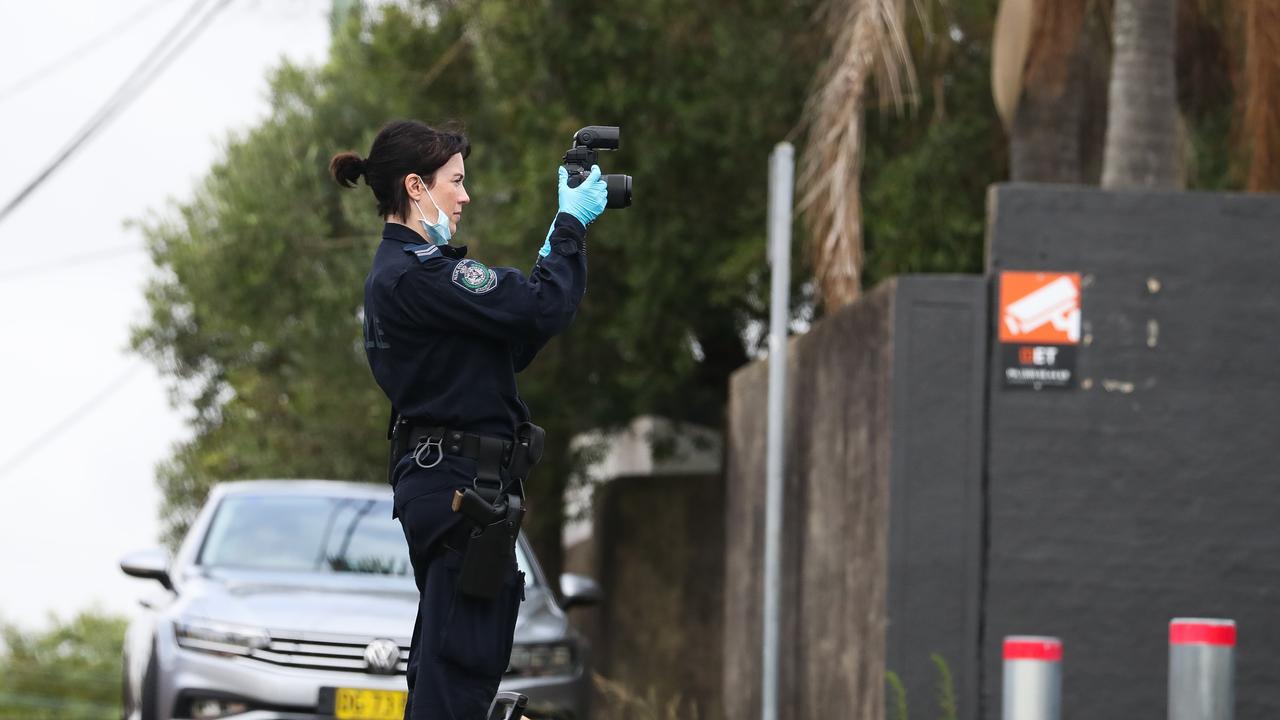Police probe links between Amar Kettule murder weapon and other gang shootings
Homicide detectives are exploring links between slain crime figure Amar Kettule’s brazen murder and several other gang-related shootings dating back to 2016 and earlier.
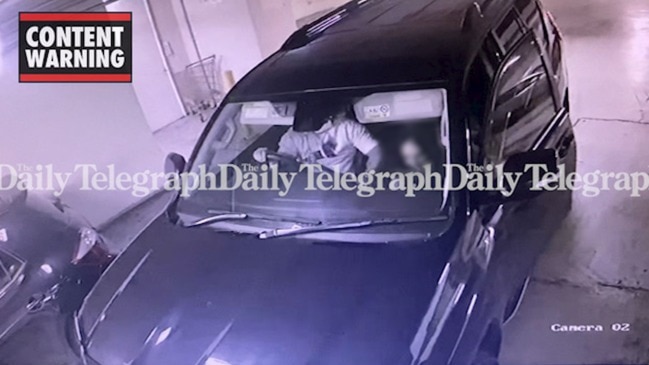
Police & Courts
Don't miss out on the headlines from Police & Courts. Followed categories will be added to My News.
Police are investigating whether the high-powered gun used to execute “the king of Fairfield” Amar Kettule was used in several other gang-related shootings.
A gunman fired more than 20 times as Kettule sat in his black car outside his unit block in the early hours of January 10.
The 38-year-old’s brutal death is the latest violence targeting prominent crime figures in greater Fairfield that has cast a shadow over the area for decades.
The Sunday Telegraph can reveal homicide detectives are exploring links between Kettule’s brazen murder and several other shootings, including drive-bys, dating back to 2016 and earlier.
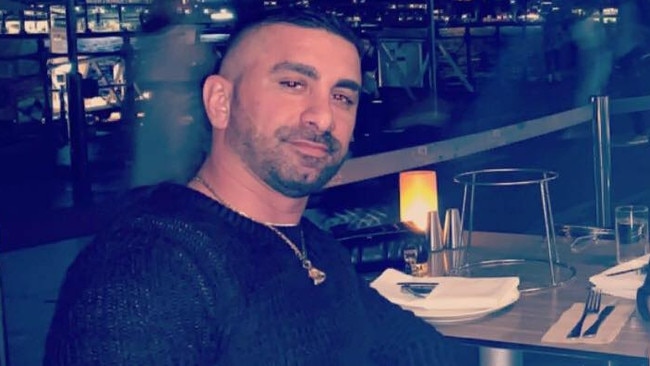
It is understood the high calibre of weapon used to kill Kettule was similar to the calibre used in other shootings and synonymous with the grade of firearms used in gang violence.
Guns are often shared on the black market and can change hands in the underworld dozens of times.
Ballistic testing will compare the bullet holes sprayed across Kettule’s car and the bullets that killed him with examinations of previous crime scenes.
The violence over the past decade has been linked to a feud between two dominant Assyrian crime groups in the Fairfield area — DLASTHR and The True Kings.
While police are investigating whether Kettule’s murder is linked to a long-running gripe with DLASTHR, police stressed there were many potential motives under investigation.
Previously unpublished police intelligence and law enforcement sources have provided an insight into how Kettule became an enemy of the most ruthless criminal group in Fairfield.
Born in Iraq in the early 1980s, the Kettule family escaped the war and migrated to Australia via New Zealand in 2001.
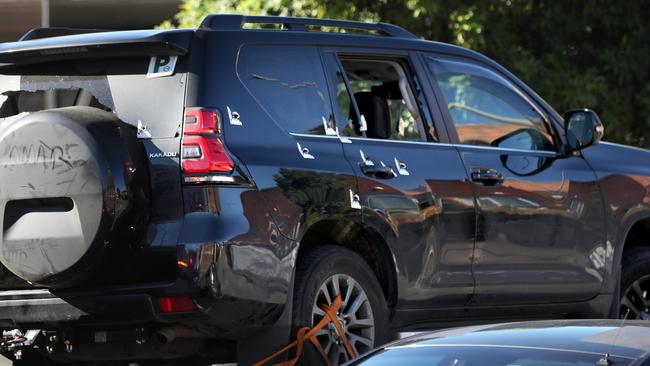
Like many Assyrian families, the Kettules settled in the greater Fairfield area.
By then, a group known as Assyrian Kings — and later The Park Boys — had gained notoriety in the area after gang members murdered off-duty police officer David Carty in 1997.
In the following years, the group underwent a name change and became known as the DLASTHR — representing the initials of the founding members.
Those members, including Raymon Youmaran, Linard Shamouil and Danny Hurmz, have been in and out of jail for a bulk of their adult lives.
There is no suggestion any DLASTHR members were involved in Kettule’s death and no one has been charged with his shooting.
Former Middle Eastern Organised Crime Squad Detective Peter Mercouris, who investigated Assyrian crime groups for several years, said there was no one figure calling the shots within DLASTHR.
“That’s where DLASTHR differentiated,” he said.
“A number of people were connected and running this group but they each held individual authority.
“You have seven people calling the shots and doing different things but protecting their area. If those seven people have 14 people and so on, you can see how it spreads out.”
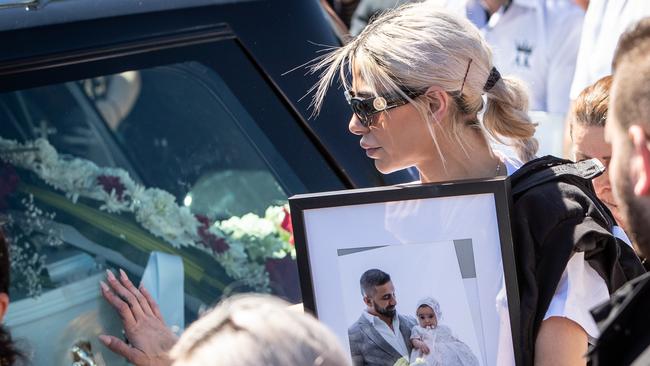
Historically, drug distribution was a key factor in the violence, he said.
Mr Mercouris, who ran the investigation into the Babylon Cafe murder in 2005, said if the gang said it was going to do something, it happened.
“There wasn’t the veiled threats, bravado and showmanship you saw with other crime groups,” he said.
“And that creates fear.”
He found the Assyrian community difficult to penetrate — mainly because of their mistrust of police — and gave the example of Youmaran hiding in his own community for four years while wanted for murder.
While Kettule was a younger, less influential player in the mid-2000s, police intelligence has linked his conflict with DLASTHR back to a meeting in 2006.
Ashor Audisho was shot dead in Fairfield on the night of April 9, 2006. DLASTHR affiliates were charged over the murder, including Dilan Shaba.
Shaba, who was convicted of accessory after the fact to murder, was due to give evidence against the more senior gang members.
That, according to police intelligence, set off a brazen plan to stop him giving evidence. Not long after the shooting, DLASTHR senior members, including Samer Marcus, met with Kettule in Fairfield. At the time Kettule was only 25.

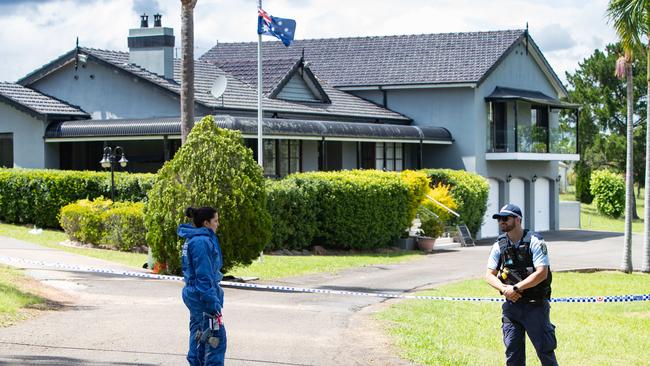
Kettule was friends with Shaba and refused to put his mate in harm’s way.
Seasoned investigators believe that decision put a target on Kettule’s back.
“They have always been trying to kill him since he was put on the spot,” one source said.
“They won’t stop until they get their man.”
In two months in 2008, Kettule’s old family home on Sackville St was the target of three drive-by shootings.
After the third shooting, Kettule told police a senior DLASTHR member was going to kill him, the intelligence stated.
Kettule became a force to be reckoned with in and around Fairfield. Nicknamed Ace, he became the spiritual leader of the True Kings, a loosely connected gang that rivalled the fierce DLASTHR in about 2012.
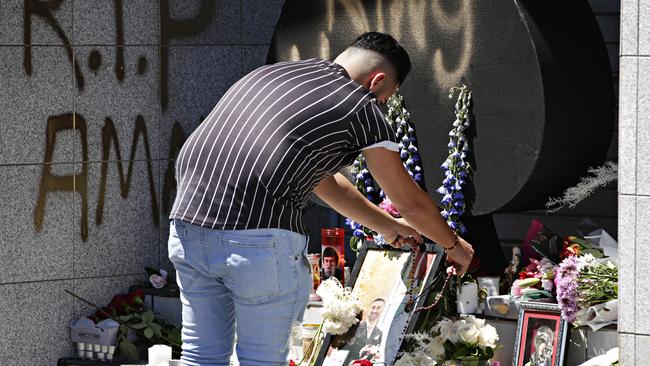
Two years later, his young brother, Dyllan Kettule, 19, was shot dead on Australia Day outside his girlfriend’s Canley Vale apartment block.
One theory homicide detectives looked into was whether Dyllan’s death was a case of mistaken identity — the bullet could have been meant for Amar.
Dyllan’s case, which remains unsolved, is set down for an inquest in the NSW Coroner’s Court in February.
The brutal death devastated Kettule. It may have also been the turning point for his behaviour.
By the time he fronted a court in 2015, a judge remarked that Kettule, who was working at a family’s hospitality business, had managed to stay out of trouble for some years.
Despite his lengthy criminal history, Kettule was labelled the “king” and “Robin Hood of Fairfield”.
Coincidentally, two months before Kettule was killed, Marcus was shot in the head and left with debilitating injuries.
Police are investigating whether there was any link.




